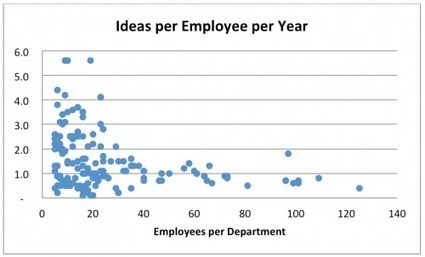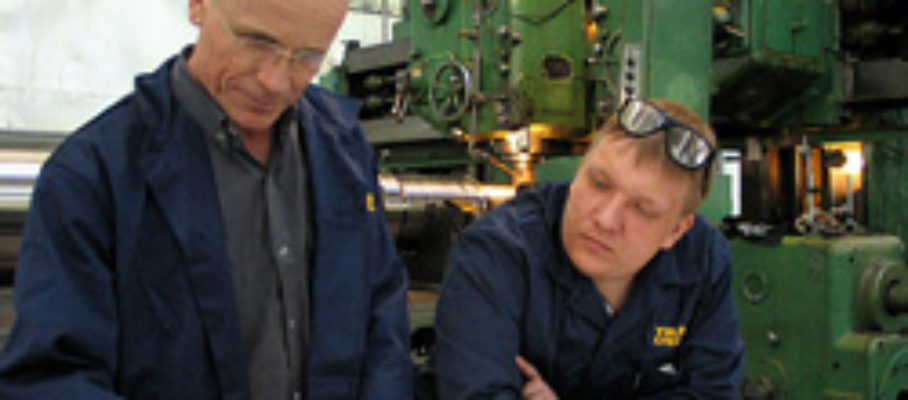Jan 25 2012
Toyota lays off 350 Australians
Via Scoop.it – lean manufacturing
Toyota Australia today announced plans to cut 350 jobs at its Altona manufacturing plant, in what it is referring to as a “response to operating conditions.”
Toyota is an ordinary company, after all… In 2010, they mishandled a quality problem; today, they are laying off people. In 1950, when Kiichiro Toyoda laid off Toyota employees, he resigned as CEO. The article here does not suggest in any way that the CEO of Toyota Australia is likewise falling on his sword.
Another reason to call what we do Lean rather than TPS is that we have some control over how Lean evolves.
Via www.themotorreport.com.au





Jan 25 2012
State dips its toe in ‘Lean’ process
Via Scoop.it – lean manufacturing

Correctional Industries – a division of the Department of Corrections that puts prisoners to work, combining job training with the production of uniforms, food and office furnishings used by government agencies – was one of the first state agencies…
Via www.thenewstribune.com
Share this:
Like this:
By Michel Baudin • Press clippings 0 • Tags: Government, Lean manufacturing